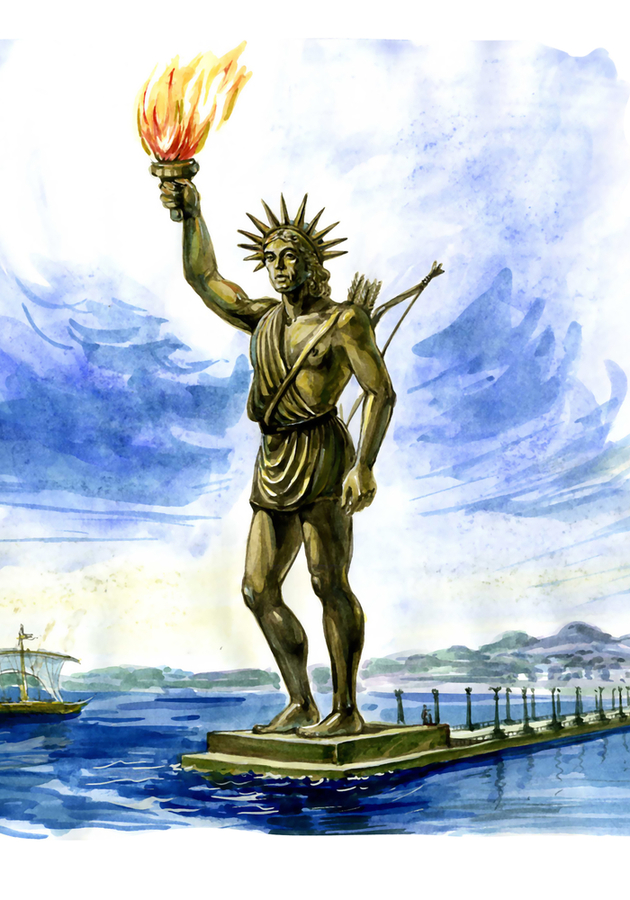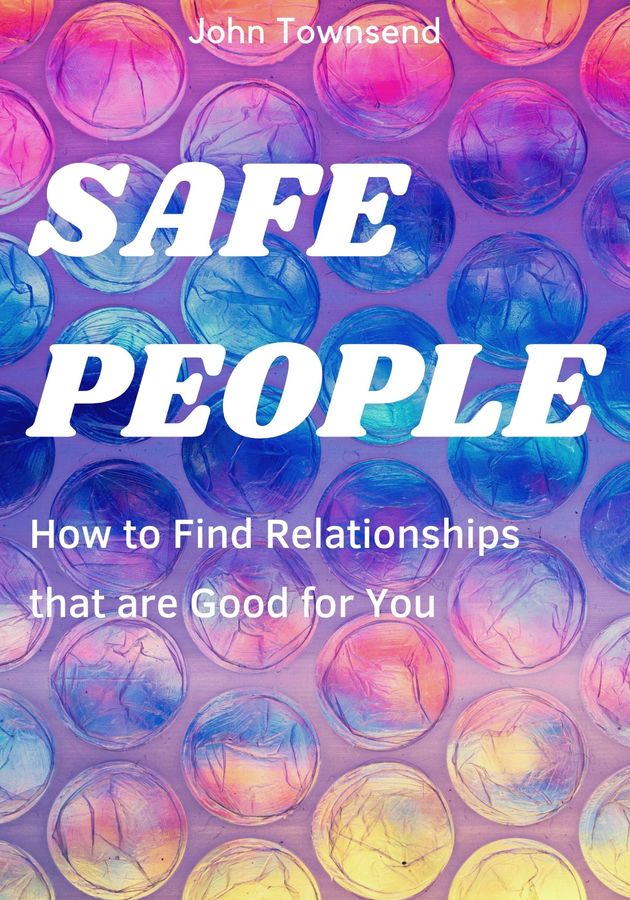"No matter what happens in your life, you have the opportunity to choose how you accept it."
The story of Julian Mantle, a top and world-famous lawyer, whose unbalanced lifestyle leads him to a fatal heart attack in a crowded courtroom. A quote from Winston Churchill about the greatness of the man Julian was: "I am happy that today we are the masters of our destiny, that the task set before us is not beyond the limits of our power, that the pain and suffering are not beyond the limits of my endurance. As long as we believe in our own ideals and infinite will for victory, victory will not be out of our reach."
Things were not as idyllic as they seemed at first glance. Julian was failing emotionally, mentally, and spiritually. The doctors gave him an ultimatum: give up his law career or his life. In those moments, he saw an ideal opportunity to rediscover himself and the meaning of life before it was too late. "Every second you spend thinking about someone else's dreams, you take away from your own." Hoping to bring new changes, and find happiness and fulfillment, he begins an unusual and long-awaited journey.
The trip to India was not just a vacation to unwind but an odyssey of self-discovery. Getting to know an ancient culture reveals a powerful way to release the potential of his mind, body, and soul, and how to live with more passion, meaning, and peace. "How can someone, who just a few years ago looked like a tired, old man, now look so radiant and alive?" This is a book that will show you how to change things, teach you to love yourself, and help you find the meaning of life.
Achieving inner harmony and outer success
Investing in yourself is imperative, and any effort to improve yourself fundamentally is a worthwhile price to pay for a lifetime of benefits. This investment not only improves your life but also positively impacts those around you. The writer suggests that everything in the story helps unlock the potential of our mind, body, and soul.
However, we must first expand the boundaries of our imagination. He believes that things are always created twice: first in the workshop of the mind, and then in reality. He calls this process a blueprint because everything we create in our outer world begins as a simple blueprint in our inner world.
"If you're upset about my effort, don't expect to be there when I succeed... Surround yourself with people who support you..." For the writer, the secret to happiness is simple: discover what you truly love to do and focus all your energy on it. He believes we wake up each morning with an unlimited reservoir of energy and enthusiasm. All our thoughts should be focused on our defined goals. We don't have time to waste.
Therefore, valuable mental power will not be squandered on idle thoughts. We must naturally eliminate the habit of worrying and become far more efficient and productive. Interestingly, we can also experience a feeling of inner harmony, as if we are being guided to achieve our mission which is a wonderful feeling.
In "The Monk Who Sold His Ferrari," the writer asks, "Do you know why most people sleep so much?" To our question, "Why?" he answers simply, "Because they really have nothing else to do." All those who rise with the sun share one thing in common. Madness, some might say. No, they all have a purpose to fan the flames of their inner potential. Weak minds lead to weak actions. A strong, disciplined mind, which anyone can cultivate through daily practice, can achieve miracles. If you want to live life to the fullest, treat your thoughts as your most precious possession.
Do your best to remove all internal turbulence. Commit to observing your thoughts, and as Robin so brilliantly says, “Take care of your thoughts as you would take care of something you value most. The rewards will be plentiful.” The mantra serves to liberate the mind. In Sanskrit, "man" means mind, and "tra" means liberation. So a mantra is a phrase designed to free the mind. "Mantras are my faithful companions wherever I go. Whether I'm on the bus, walking to the library, or watching the world go by in the park, I constantly affirm all that is good in my world through mantras."
Discovering your inner genius
Sharma says that written affirmations are effective, but he discovered that verbally repeating mantras had a profound impact on his spirit. When seeking motivation, he would audibly repeat phrases like "I am inspired, disciplined, and full of energy" two or three hundred times. To maintain supreme self-confidence, he would affirm, "I am strong, capable, and calm." He even used mantras to preserve youthfulness and vitality.
According to him, every person on Earth is a genius with a higher purpose and unique strengths waiting to be discovered. By uncovering these strengths, one can not only help themselves but also positively influence the world around them. Each day becomes special when surrounded by the right people. The writer emphasizes eliminating negativity and distractions to maintain this positive environment. He encourages readers to push their limits and pursue their dreams with boundless energy.
They stress the importance of refusing mediocrity and embracing the vast potential within one's mind. He urges readers to act confidently as if failure is impossible and success is guaranteed. They advise eliminating self-doubt and embracing limitless imagination. The writer empowers readers to architect their future rather than being confined by their past. Through this journey, one gains perspective on their place in eternity and discovers their ultimate life purpose.
The journey to true fulfillment
The story centers on Julian Mantle, a renowned and affluent lawyer who has attained all the materialistic pleasures through his hard work, including a mansion, a private jet, and his prized red Ferrari. However, his relentless pursuit of wealth and success takes a toll on his lifestyle, leaving him anxious, worried, and appearing aged beyond his years. During a trial, he suffers a heart attack and, while recovering in the hospital, decides to leave everything behind in search of a higher purpose.
Julian sells his prized possessions, including the Ferrari, and travels to the mystical Himalayas. There, he encounters the Sages of Sivana, who teach him the art of living a meaningful life. Yogi Raman, one of the sages, warmly welcomes him and shares ancient techniques for a fulfilling life through a mystical fable. After spending time among the monks in India, Julian underwent a transformation, emerging as an incredibly healthy man with a serene, contented countenance. His natural curiosity, enthusiasm, and zest for life returned.
He shared his journey to this exotic land and the wisdom gained throughout the book with his best friend, explaining that the trip wasn't merely a vacation to relax his overworked mind; it was, for him, "an odyssey of self-discovery." "I grew weary of the rat race. I realized my mission is to serve others and contribute to making this world better. Now, I live to give," he declared. Through his example and perseverance, he imparted a profound lesson about life and opened our eyes.
Breaking free from impulses
Julian's teachings culminate in the idea that true freedom comes from mastering one's will. He contrasts liberty with freedom, explaining that many people have the liberty to act but lack the freedom to choose wisely due to being slaves to their impulses. By cultivating self-discipline, individuals can break free from reactive habits and lead proactive, meaningful lives. He mentions that the lack of willpower is akin to a mental disease and must be addressed promptly.
He explains that willpower allows individuals to adhere to their commitments, both to themselves and others, fostering a life rich with passion and peace. Julian shares a personal story about a locket given to him by the Sages of Sivana, inscribed with a message underscoring the importance of discipline and will. He explains that self-discipline is like training a muscle; it can be developed and strengthened over time.
Julian gives some practical advice, such as starting with small tasks you don't like doing to build willpower gradually. He also suggests a mantra to reinforce self-discipline: "I am more than I appear to be, all the world's strength and power rest inside me." Here, readers encounter a profound message through Julian’s narrative about momentum, encouraging them to start small and build upon each success.
This momentum, much like skiing down a hill, propels individuals toward greater achievements and a more disciplined, fulfilling life. Julian’s teachings inspire the reader to commit to personal growth and self-mastery, marking a transformative moment in his journey.
Living fully by embracing purpose, priorities, and compassion
Sharma shares the transformative principles that enhance personal fulfillment and effectiveness. He reminds the profound significance of time management and the pursuit of a purpose-driven life. Julian begins by symbolizing time as a precious, irreplaceable asset, drawing on Yogi Raman’s fable featuring the symbolic gold stopwatch. This metaphor reflects the importance of valuing and optimizing time, as once it passes, it cannot be reclaimed.
Central to Julian’s teachings is the concept of careful planning and disciplined time management. He advocates for holistic scheduling that encompasses not only professional commitments but also personal growth and spiritual nourishment. By dedicating time to activities that enrich both the mind and soul, individuals can achieve a balanced life that promotes overall well-being.
The author introduces practical strategies such as the "Ancient Rule of Twenty," which emphasizes focusing on the vital few activities that yield the most significant results. This approach encourages prioritization and efficiency, guiding readers to concentrate their efforts on endeavors that align with their life goals and values. Beyond efficiency, the narrator advocates for living fully and simply.
He urges readers to adopt a mindset that values each moment, encouraging laughter, rest, and moments of introspection to maintain emotional and mental health. By embracing a "deathbed mentality," individuals are prompted to live each day with purpose and gratitude, thereby reducing stress and cultivating a more fulfilling existence.
Crucially, the author promotes a shift from self-centeredness to altruism, suggesting that true happiness arises from contributing positively to others’ lives. He extols acts of kindness, service, and nurturing relationships as essential components of a meaningful life. By fostering compassion and generosity, individuals not only enrich their own lives but also create a ripple effect of positivity in their communities.
The timeless secret to lifelong happiness
Julian imparts the wisdom of Yogi Raman's fable about the sumo wrestler who finds happiness walking the path of diamonds. This story symbolizes the essence of living fully in the present moment, appreciating life's simple joys, and not being consumed by past regrets or future anxieties. He wants to remind us of the importance of spending quality time with loved ones, particularly John's children.
He encourages John to cherish these moments and engage wholeheartedly in meaningful interactions, fostering deeper connections that enrich life. Julian presents the habit of gratitude as an effective means of creating happiness. He advises John to develop a habit of appreciating the blessings in his life, no matter how small, which shifts focus from what is lacking to what is present and fulfilling. Rather than viewing happiness as a distant goal, Julian teaches John that happiness is found in the journey itself.
By embracing each day with mindfulness and gratitude, one can experience ongoing fulfillment and contentment. Throughout the final chapters, Julian offers practical insights for integrating these principles into daily life. This includes techniques such as mindfulness exercises, journaling gratitude reflections, and consciously choosing joy in everyday activities. He undergoes a profound personal transformation as he internalizes Julian's teachings.
He begins to reassess his priorities, shifting away from a purely achievement-oriented mindset to one centered around holistic well-being and meaningful relationships. Finally, the book concludes with Julian reaffirming the timeless secret to lifelong happiness: living fully in the present moment, cultivating gratitude, nurturing relationships, and embracing the journey of personal growth and fulfillment.
Final notes
This book is the best choice if you want to read a novel that reveals and shows you the path to achieving your goals and taking control of your own life. The story follows the tireless lawyer Julien Mentloo, who works more than he should in pursuit of wealth and fame. Overwhelmed by his work, Julien suffers a heart attack that nearly proves fatal. Surviving this heart attack is not a mere chance but a sign from the universe urging him to change his life. He is prompted to reflect on his existence and seek answers to life's most important questions.
In search of these answers, he embarks on an extraordinary journey to the Himalayas, where he encounters an ancient culture preached by the sages of Sivana. They reveal to him a powerful way to unlock the potential of his mind, body, and soul, and how to live with more passion, meaning, and peace. The book is a wonderful blend of ancient spiritual wisdom and practical principles for success. Through simple examples, it offers insights that, if applied, can radically transform your life.
If you decide to read "The Monk Who Sold His Ferrari," you will be making an excellent choice. This book will guide you towards a braver and more balanced life, one that may be filled with abundance and joy.
12min tip
If you are looking for a book that can empower you by giving you the tools and confidence to take control of your financial future, “The Richest Man in Babylon” by George S. Clason will do just that. It shows that with discipline and smart decisions, anyone can achieve financial success.





























